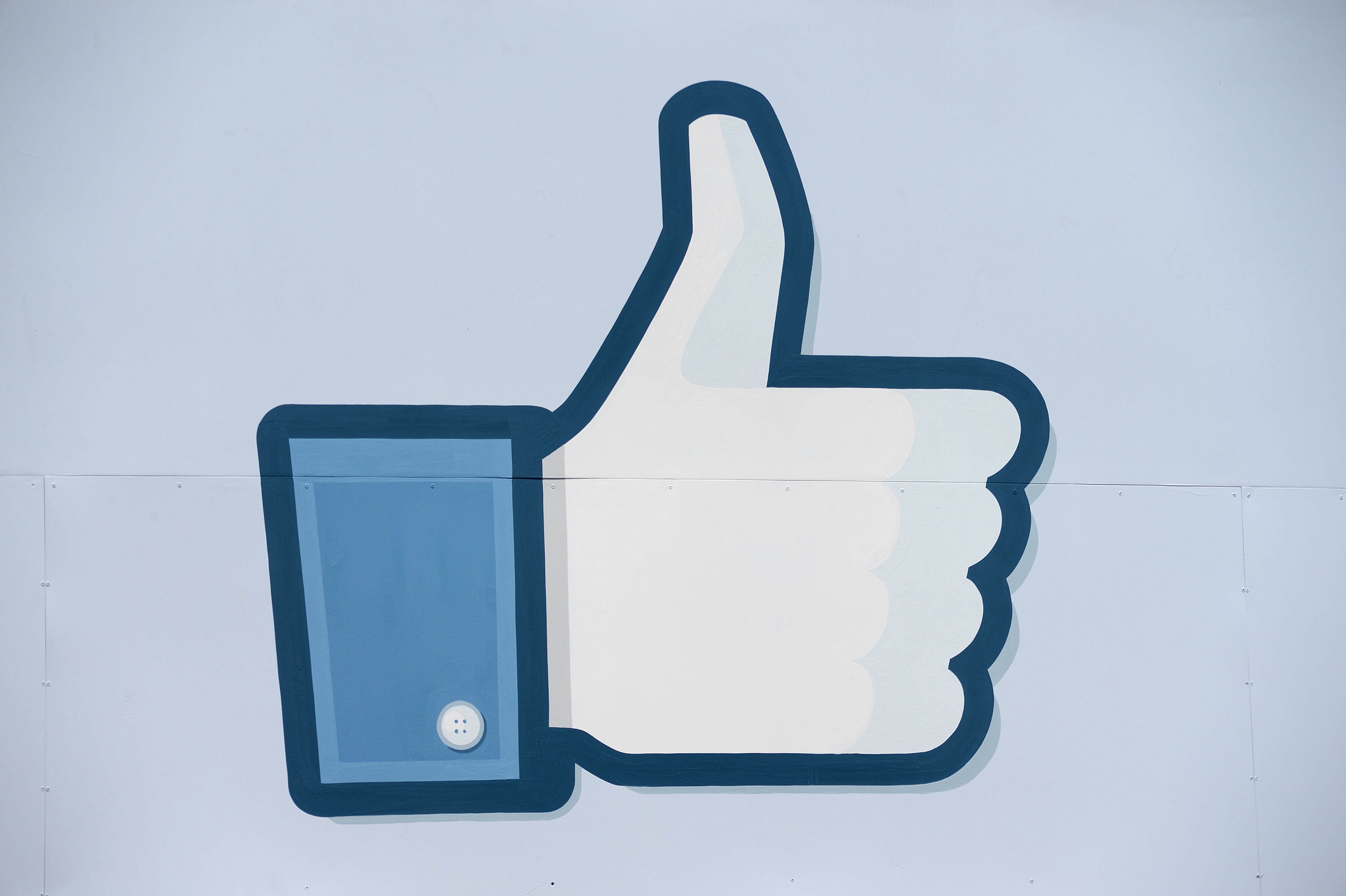

Reddit, the online community that's perhaps most associated with up/down voting systems, has frequently become a battlefield of voting contests that have little to do with the quality of people's contributions and much more to do with differences of opinion. It's not surprising, perhaps, that reducing human emotions to a binary choice has unintended consequences. _ The binary nature of thumbs up, thumbs down Why it’s not always OK to hit the OK buttonĬould this be the solution to the pricey problem of smashed phone screens?įrom Amazon to Google: Why we need to pay attention to these tech giants Downvoted authors, he concluded, go on to produce posts “of lower quality… We find that negative feedback leads to significant behavioural changes that are detrimental to the community.” But in 2014, data scientist Justin Cheng – who now works at Facebook – completed a piece of research based on analysing 42 million online comments, and concluded that downvoting caused a spiral of negative behaviour. The psychological theory of “operant conditioning” – that our behaviour is linked to the punishments or rewards we have received in the past – dates from the 1930s, and underlies the design of many social-media platforms. Reagle is alluding to the thorny question of whether upvotes and downvotes have the effect that’s intended.
#Faceook thumbsup how to
I don't imagine that users are going to be sensitive to all of the semantics of these things and know how to use them appropriately." "I think that upvoting and downvoting is a really bad way to do this," says Joseph Reagle, author of a book entitled Reading the Comments: Likers, Haters, and Manipulators at the Bottom of the Web. Not everyone, however, believes that two negatives necessarily make a positive. Facebook believes that they will “push thoughtful and engaging comments to the top of the discussion, and move down the ones that are simply attacks or filled with profanity”. Algorithms then use the voting data to re-order the debate. The system now being trialled relies on users to moderate discussions up and down arrows sit next to each comment, along with a running votecount showing how valuable the community has deemed that particular contribution. Facebook currently employs just one staff member per 100,000 users to deal with safety and security, so self-policing has to play a big part in keeping things civil. It’s part of a broader plan: in recent months, the company has sought to reverse declining user numbers in certain demographics by trying to make Facebook a more pleasant experience – reducing the number of news stories, cutting back on advertisements and encouraging people to spend time interacting with each other.īut nothing derails those interactions quite like rudeness. In a statement, the company admitted its failings, and promised to “improve our technology and tools to detect and prevent abusive, hateful or false content”. Back in April, representatives of civil groups in Myanmar wrote an open letter to Zuckerberg, expressing deep concern about the way Facebook was being used in the country to incite violence. Internal sources confirmed that it was rejected for fear of sowing "too much negativity".īut negativity continues to run rampant across the platform. He added that "today is the day I can say we're working on it and shipping it". In 2015, Facebook chief executive Mark Zuckerberg noted that "people have asked about the dislike button for many years". "Support comments that are thoughtful," suggests the window that pops up during the trial, "and demote ones that are uncivil or irrelevant." Will it bury hateful content?įacebook users have long demanded a feature that lets them give the thumbs-down to belligerent, rude or bullying comments. But in the last six months, Facebook has begun trialling downvoting in parts of the US, Australia and New Zealand, allowing people to demonstrate instant disapproval of other people's contributions. "Likes" are Facebook's currency, and "dislikes" just don't exist. Facebook, however, has always shied away from giving its two billion users the opportunity to express displeasure with a single click.

The understanding that thumbs-up means good, and thumbs-down bad, is also reflected across the internet, where we're encouraged to upvote things we like and downvote things we don't. G esturing with our thumbs to show approval or disapproval is a human habit stretching back centuries.


 0 kommentar(er)
0 kommentar(er)
